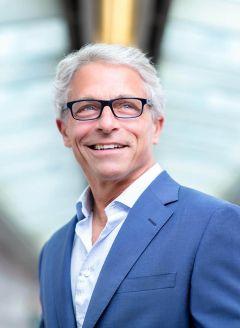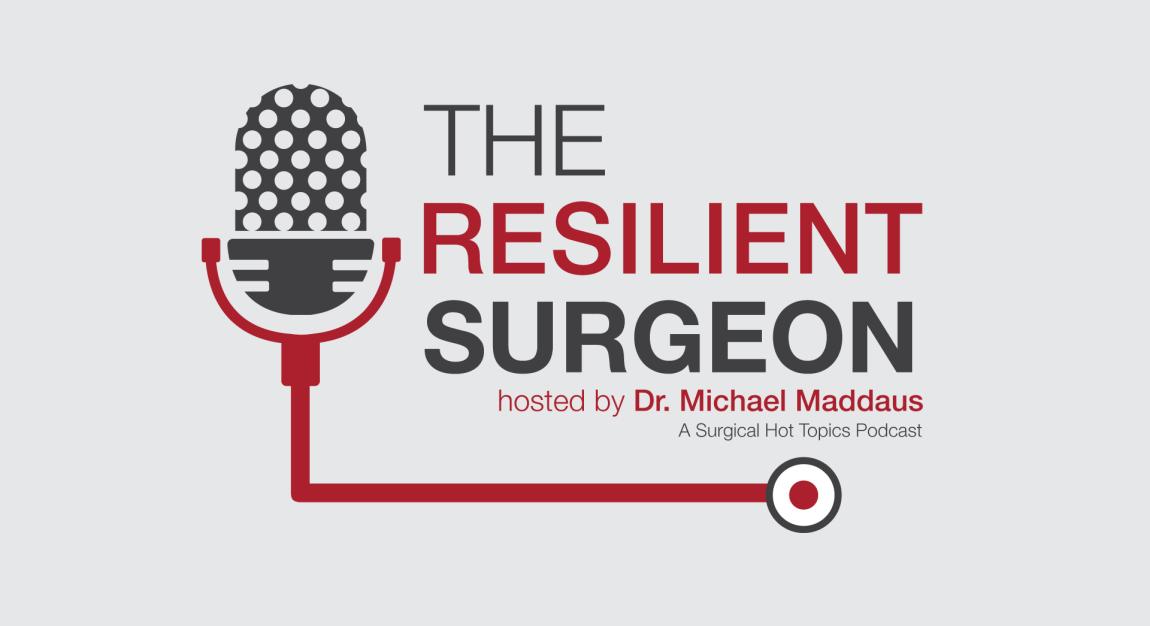In the years since I traded the operating room for the classroom and microphone, one truth has become increasingly clear to me: leadership is not about command and control — it’s about connection and belonging.
In a recent episode of The Resilient Surgeon podcast, I had the pleasure of speaking with Laurie Baedke, a faculty member at Creighton University, a sought-after speaker, author, and executive coach. Her career has been devoted to helping leaders across healthcare and beyond unlock their potential. What struck me in our conversation was how consistently she returned to one central theme: people want to feel they matter.

That may sound simple, but it’s profoundly true. As social psychologist Abraham Maslow suggested in his hierarchy of needs, belonging sits at the core of human motivation, just above safety and security. In healthcare, where high stakes, stress, and complexity are constants, the need for belonging is even more acute. When people feel seen, valued, and connected, they thrive. When they don’t, burnout, turnover, and disengagement often follow.
Laurie pointed out that the most effective leaders are intentional about fostering belonging. That doesn’t mean delivering a rousing speech once a quarter. It means daily actions: greeting colleagues by name, asking about their lives, listening without distraction, and creating space for voices that might otherwise go unheard. Research from Gallup has shown that employees who feel their opinions count are more engaged and perform better. In other words, belonging drives both human well-being and organizational performance.
Another insight Laurie shared is that leadership is a skillset, not a title. Too often in medicine, we assume that clinical excellence automatically translates into leadership excellence. But as Marshall Goldsmith famously wrote in What Got You Here Won’t Get You There, the habits that make us technically proficient don’t always make us effective leaders. Skills like emotional intelligence, active listening, and empathy must be practiced and cultivated.
This resonates with my own journey. As a surgeon, my training prepared me to make quick, precise decisions in the OR. As a leader, I’ve had to learn to slow down, to ask questions instead of always having answers, to value vulnerability as much as decisiveness. Laurie emphasized that leadership development is not optional — it’s essential. Just as we invest in mastering a surgical technique, we must invest in mastering the human side of leading.
We also discussed the ripple effect of leadership. Michael Abrashoff, in his book It’s Your Ship, described how transforming the culture of a single Navy destroyer began with treating every sailor as a valued contributor. The same applies in healthcare. When a leader models respect and belonging, it spreads. Teams become more cohesive, more innovative, and more resilient in the face of inevitable challenges.
For me, this conversation with Laurie underscored that belonging isn’t a “soft” skill — it’s a core leadership competency. It’s the soil in which trust, performance, and resilience grow. And it’s something we can all practice, whether we’re leading a surgical team, a classroom, or an entire organization.
If you’re a surgeon, a trainee, or a healthcare professional striving to grow as a leader, I invite you to listen to my full conversation with Laurie Baedke on The Resilient Surgeon. Her wisdom and practical advice are reminders that leadership is less about position and more about presence — and that creating belonging is one of the greatest gifts we can offer those we lead.
